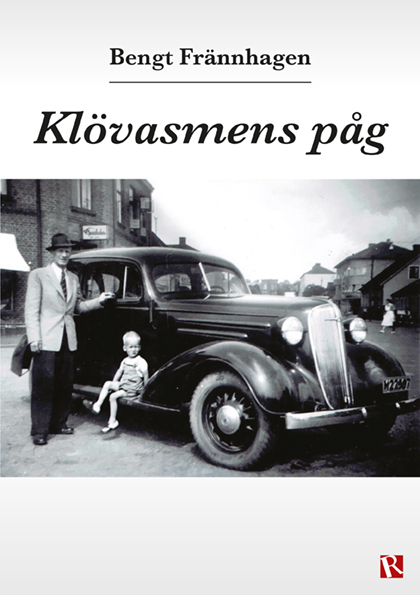But coming out of the movie, I really was wondering how a person being jailed for more than 30 years could have so much forgiveness, and grace. I told my wife that maybe I should read Nelson Mandela's biography, if he has written one.
Come Christmas and I got a paper back copy of the book from my wife.
I was mostly surprised that it was not the kindle
I have never really read any biographies or auto-biographies for that matter. I do read a lot of fiction, and especially science fiction from authors like Greg Bear
and Tom Clancy
In the beginning of the book I was a little annoyed with all the people that got mentioned all the time. It felt like it was an attempt to not leave out anyone that might have played a role in his life. I did not think that really added much to the book. But it was captivating enough to keep going, and maybe after about a third of the book, one was hooked to finish it. I must say that Nelson Mandela really "sacrificed" a good part of his life for a bigger cause. Not something many of us can, nor want, to do. You really got a sense of what he had been going through, and towards the end, felt part of various emotional highs and lows that came. I would absolutely recommend the book. Don't give up in the beginning, it is more rewarding after a little (was for me at least).
There is one particular quote that I felt had a real point. Maybe a third into the book he writes:
"It is said that no one truly knows a nation until one has been inside its jails. A nation should not be judged by how it treats its highest citizens, but its lowest ones"
Now, I have never seen a prison from the inside and I have no desire to, but living in California, it is impossible to not know that our prison system is at a point of failure. Occupancy rates are twice, or more, to what they were built for, and there is little effort (or maybe I should say funds?) to really fill the time served with preparation for a better inclusion with society after they come out. I guess it is not fair to compare the political prisoners of South Africa during the apartheid with "normal" criminals here, but still. I guess there seems to be no solution to that problem coming soon. Anyway, that is not really the takeaway from the book, there is more than that.


No comments:
Post a Comment